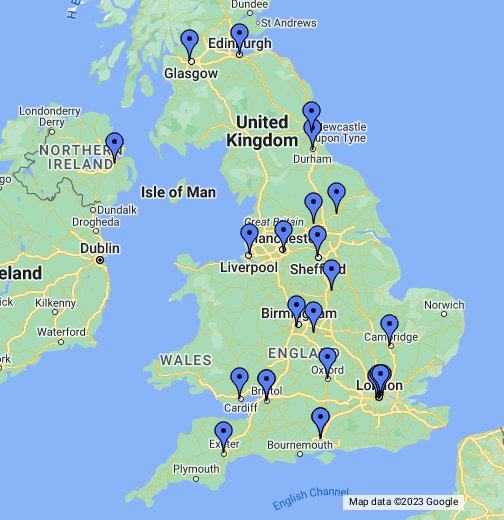ChatGPT Web Traffic Drops. Is Generative AI's Hype Cycle Ready to Plunge?
Maybe not
SimilarWeb reported a 9.7% drop in worldwide traffic to ChatGPT and a 5.7% decline in unique visitors in June 2023. This is SimilarWeb’s first reported month-over-month decrease for ChatGPT website since its launch in November 2022. Traffic declined even more in the U.S., where it fell 10.3%.
The internet research firm also noted that time spent per user session also declined in May by 8.5%. This may be the more significant statistic as OpenAI introduced its ChatGPT iPhone app in May, which is surely displacing website visits. The alternative access channel does explain the session time decline.
Novelty, Vacations, Competition
Beyond the shift from web to app traffic, other theories are the novelty is wearing off, summer holidays are reducing business access, and competitive offerings are taking up the slack. Indeed, novelty does eventually wear off, and that may impact both visits as well as session time. However, there is no evidence to confirm or refute this hypothesis.
There is Google trends data that show a decline in ChatGPT searches. This does not confirm a decline in novelty, as searches can always be replaced by direct access to a website that bypasses search.
However, Google search trends data does show an interesting pattern. A parabolic-shaped best-fit-line confirms the five-month rise and recent decline in searches, while the oscillating peaks and valleys in search trend data show a weekly trend of a Saturday low point followed by some regular rise on Sunday and peaking the first half of the work week. The pattern correlates with a business application.
If business users began taking vacations in June and it is mostly a business-use application, a drop in ChatGPT use should be expected. Competition should also provide downward pressure on website visits. More options generally mean less use of early mover solutions as later entries began stealing user attention.
Google Bard and Inflection AI also became widely available in May, leading to a rise in users. These could have been net new users, but some of that growth is certainly ChatGPT displacement.
ChatGPT’s Future
So, is ChatGPT headed to the trough of disillusionment and fewer users? This may occur, but the evidence is not compelling. The introduction of the ChatGPT iPhone app may account for all the reported declines.
The rise of competition is likely the biggest threat ChatGPT faces. BofA reported that 60% of ChatGPT users employ it for search. Google SGE and Bard are now widely available, and Bing Chat is also in use. Perplexity AI is another capable and, in my view, superior option for the search use case. Any one of these services can execute a search query and displace the need for a ChatGPT session.
On the positive side for OpenAI, whether you are using ChatGPT or Bing Chat, that is a market share win. ChatGPT may have also served its primary purpose — raising awareness and, in turn, increasing the use of OpenAI APIs.
The reported decline in ChatGPT use on the web is an interesting story nonetheless. It now requires further monitoring to better understand what the decline indicates for the app and wider generative AI adoption.
24 Top UK Universities Draft Principles for Use of AI in Education
The Russell Group, a consortium of 24 leading UK universities that includes Cambridge, the University of Edinburgh, Kings College, and the London School of Economics, announced a new set of Principles for the Use of AI tools in Education. A joint statement
This One Factor Could Kill Bing Chat. Google SGE and Perplexity AI are in a Different League.
Google dominated its early search rivals by delivering higher-quality search results more frequently. However, it was also maniacally focused on speed. That spartan Google search splash page was a sharp contrast to the cluttered portal concept of Yahoo, AltaVista, and the other search giants of the day (and even some of what you see from Bing today).








Indeed, the chatGPT mobile app is super nice. I am a regular user and have not been to the website but a few times since the mobile app came out.